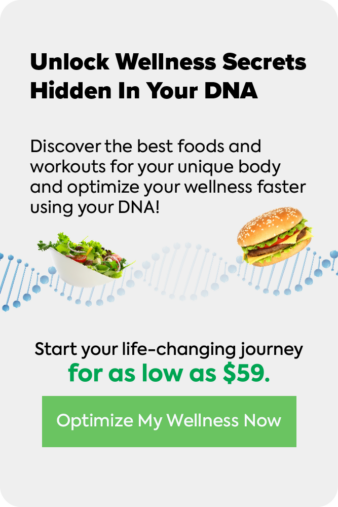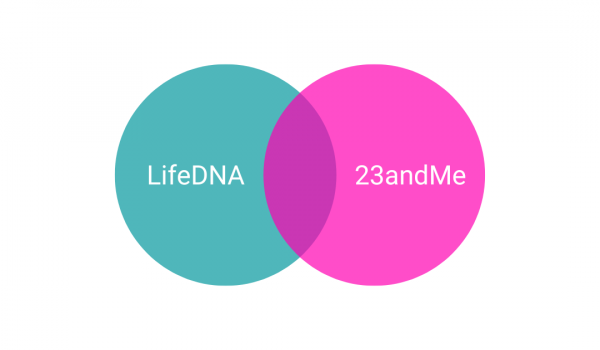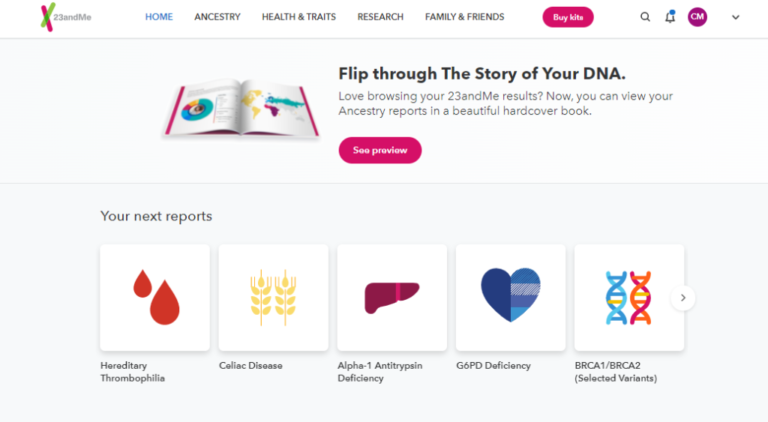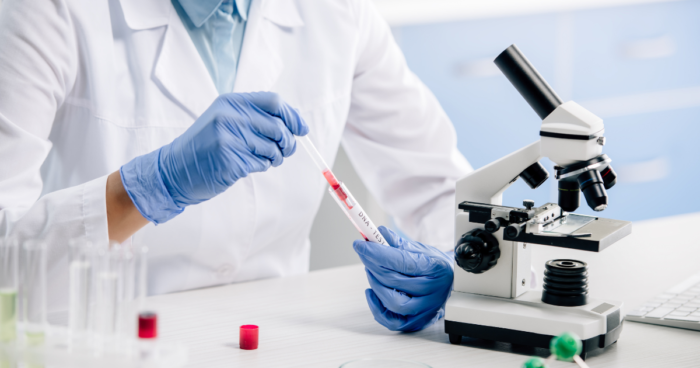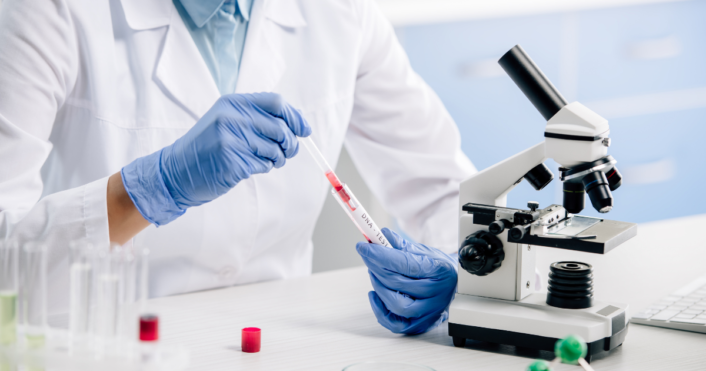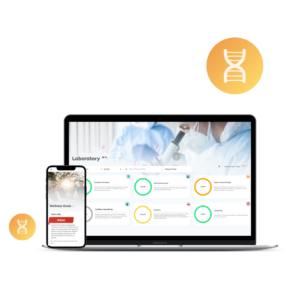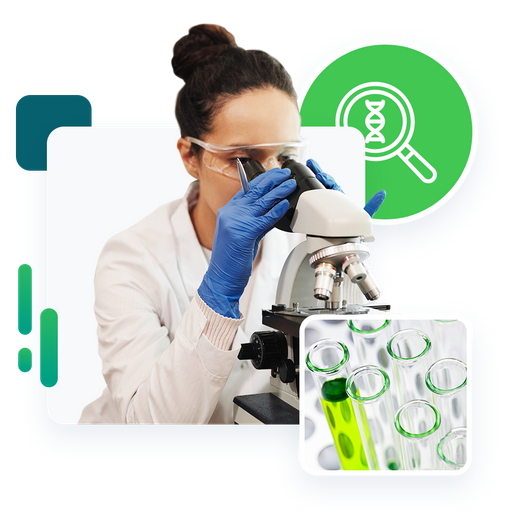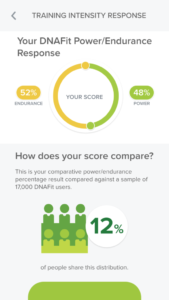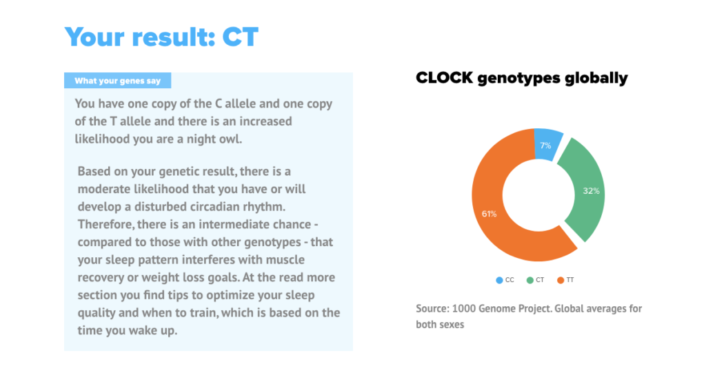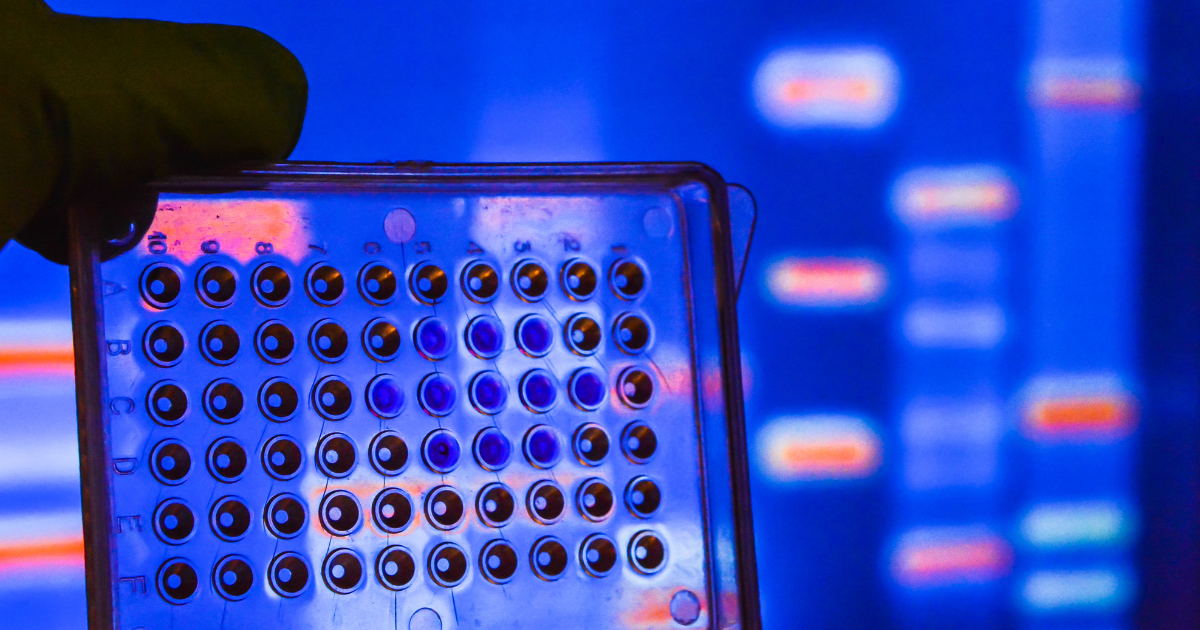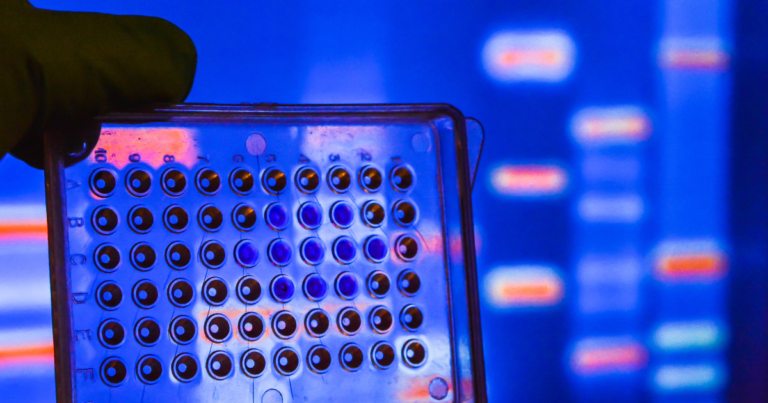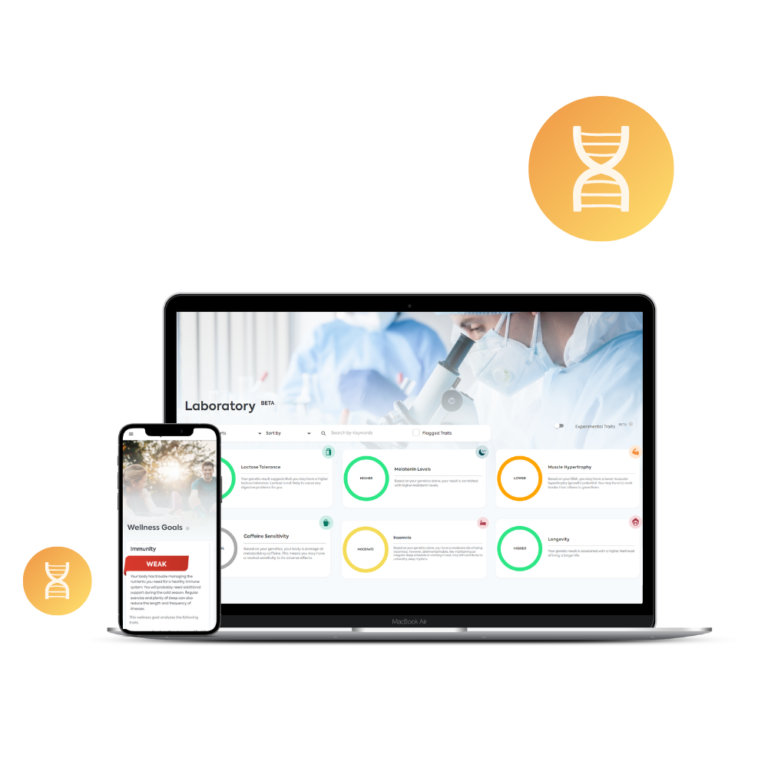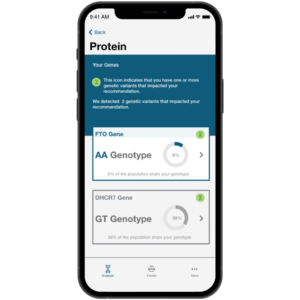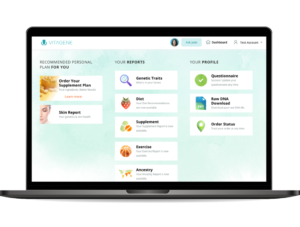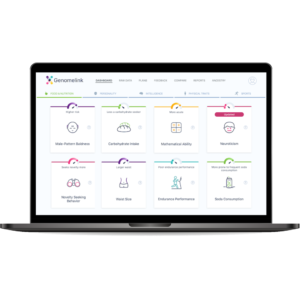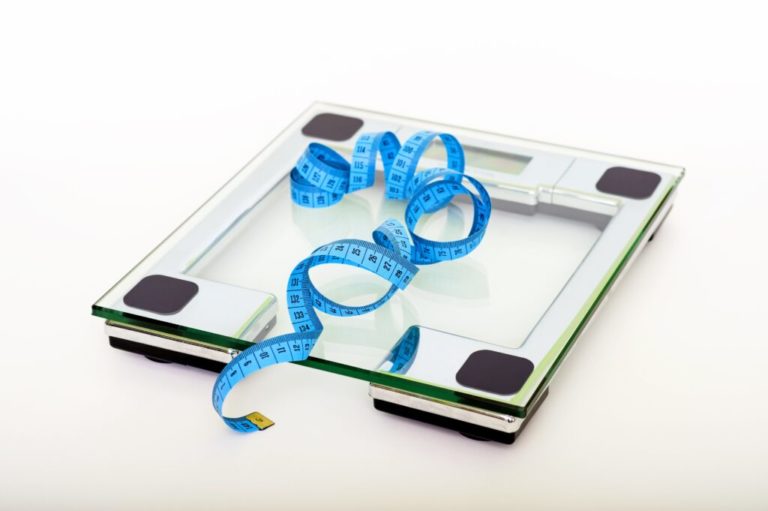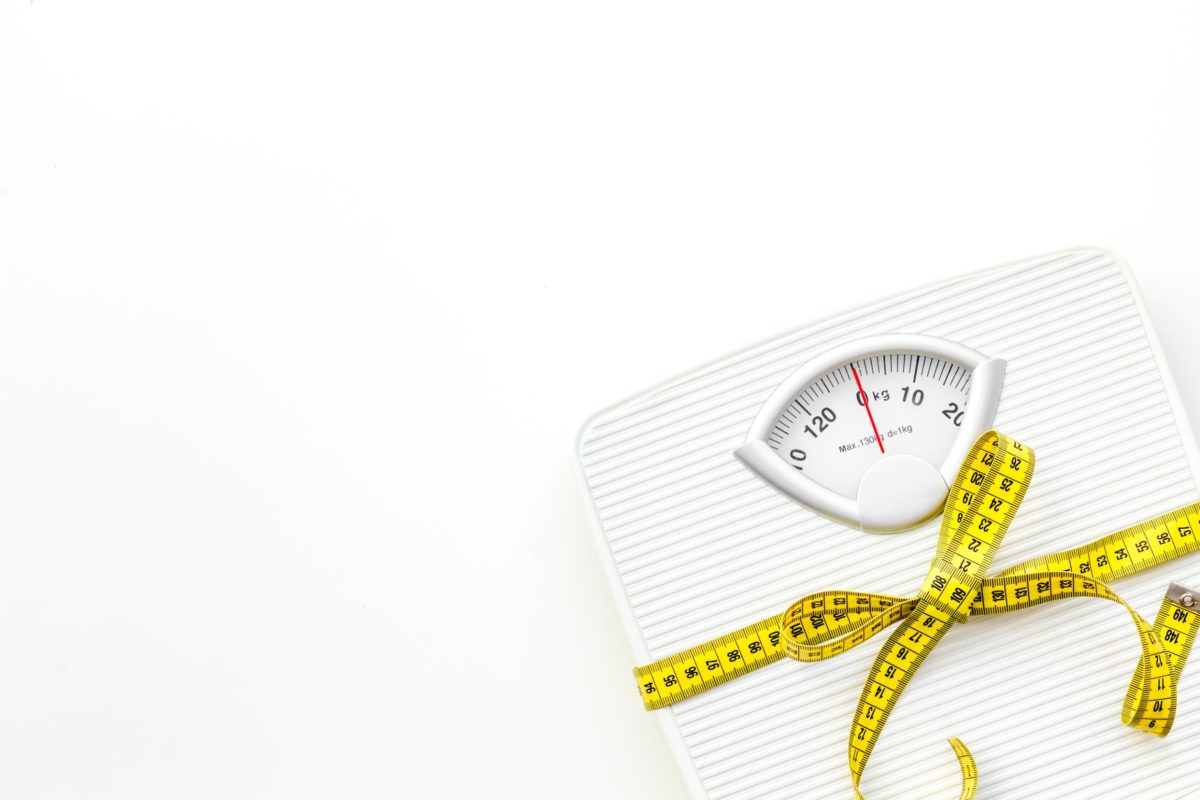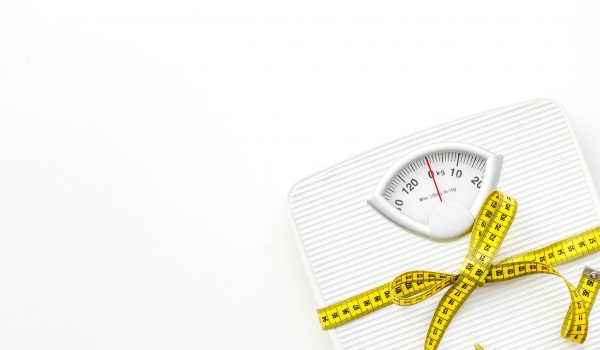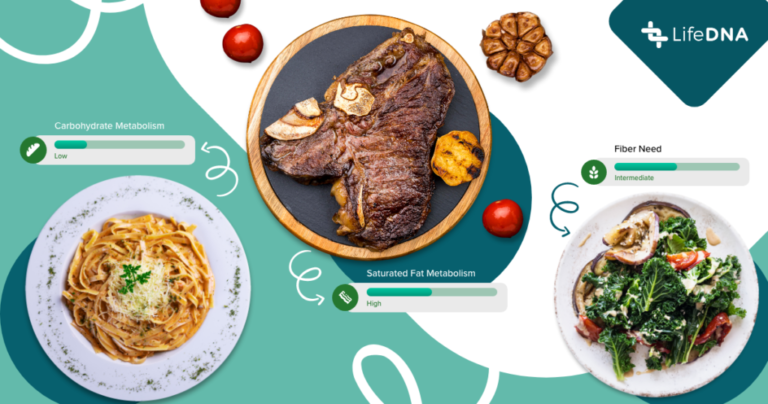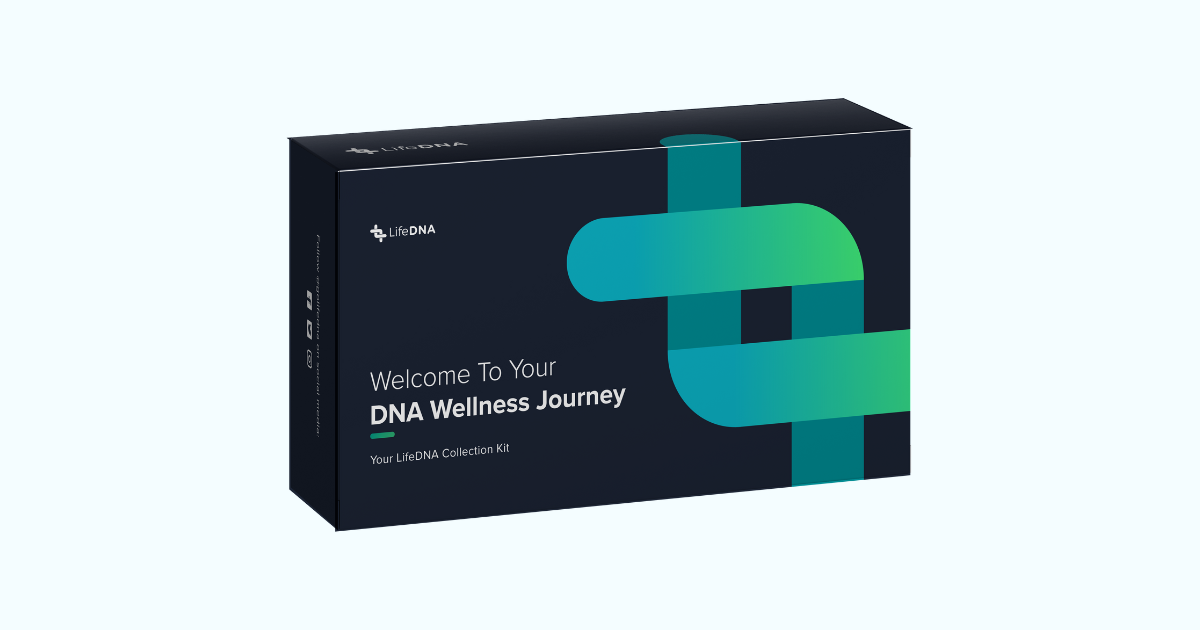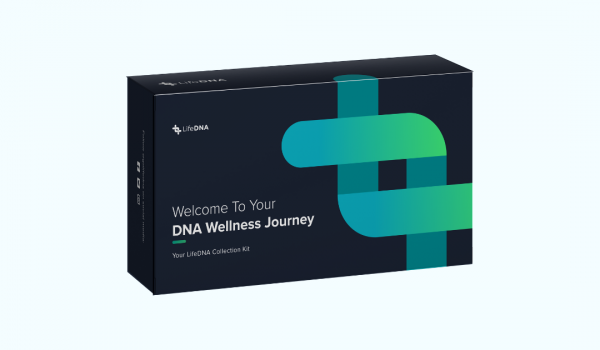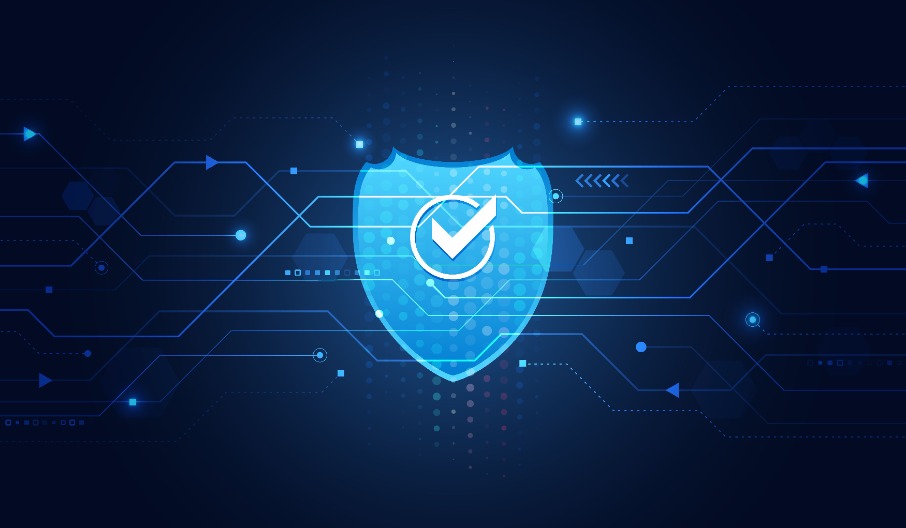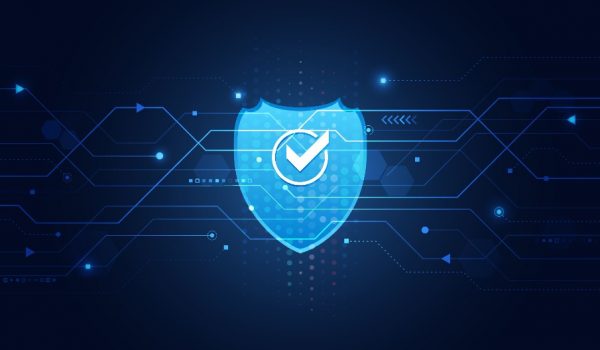How To Maximize Your 23andMe DNA Test Results
Aira
on
November 17, 2022
Table of Contents
How To Make The Most Of Your 23andMe Raw Data?
Date of Content: August 30, 2023
Written by: Avanthika Nityanand
Reviewed by: Maarit Tiirikainen, PhD
Consumer genetic testing has revolutionized our understanding of heritage, genealogy, and health. With over 12 million people having used the 23andMe test, the potential for personalized insights is enormous. This article will explore what 23andMe raw data is, how to download it, and what can be done with this wealth of information.
What is 23andMe Raw Data?
23andMe raw data is a detailed file of your DNA sequence, represented as a long list of letters (A, T, C, G). When you take a 23andMe test, the company analyzes specific regions of your DNA, which are compiled into a raw data file. According to 23andMe, this raw data can contain around 650,000 individual data points, representing genetic variations covering various traits, ancestry, and health indicators.
How to Download Your 23andMe Raw Data?
Downloading your 23andMe raw data is a straightforward process:
- Log into your 23andMe account.
- Navigate to “Settings.”
- Click on “View” under 23andMe raw data.
- Scroll down to the blue “Download Raw Data” button.
- Follow the prompts to download your data as a ZIP file.
Your data will usually download within a few minutes, allowing you to take this information to other platforms for further analysis.
Alternatively, you can write to 23andMe customer support to help you access your raw data file.
How Useful is Your 23andMe Raw Data?
While 23andMe provides an extensive array of reports, your raw data opens doors to even more personalized insights.
Understanding Ancestry and Genealogy
One of the primary utilities of 23andMe raw data is in the field of ancestry and genealogy. Many users have reported finding unknown relatives or ancestral roots in unexpected places. According to a 2019 survey by the Pew Research Center, approximately 15% of U.S. adults report using a mail-in DNA testing service like AncestryDNA or 23andMe at least once, of which 87% said they wanted to learn more about where their family came from. The raw data from these companies can be explored more deeply using third-party websites like GEDMatch or MyTrueAncestry for additional ancestry insights.
Gaining Health Insights
Your 23andMe raw data offers more than ancestry information; it can provide critical health insights. Various third-party services can interpret your raw data to flag potential health risks, nutrient deficiencies, responses to specific medications, personality traits, and other interesting and valuable information about yourself. Whether it’s optimizing your workout routine, tailoring your supplement intake, or understanding more about your temperament, the potential applications of your raw data in healthcare and wellness are broad and significant.
You may also like: Why is 23andMe Raw Data the Best Option for Health & Wellness Analysis?
Lifestyle and Wellness Customization
Your 23andMe raw data offers more than ancestry information; it can provide critical health insights. Various third-party services can interpret your raw data to flag potential health risks, nutrient deficiencies, responses to specific medications, personality traits, and other interesting and valuable information about yourself. Whether it’s optimizing your workout routine, tailoring your supplement intake, or understanding more about your temperament, the potential applications of your raw data in healthcare and wellness are broad and significant.
Research Contributions
With your consent, your anonymized raw data can be included in research studies, helping scientists make discoveries. A 2022 study published in the journal Alzheimer’s Disease and Associated Disorders observed that using direct-to-consumer APOE data to align participants with trials could efficiently expedite the recruitment process for Alzheimer’s Disease prevention studies. The APOE gene is the most well-studied genetic determinant on predisposition to Alzheimer’s disease.
Data Privacy Concerns
While the utility of 23andMe raw data is immense, it’s crucial to consider data privacy. When using third-party services, read their privacy policies to know how your data will be used or shared.
Section Summary
23andMe raw data offers many opportunities for personal insights and broader scientific understanding. However, its usefulness extends only as far as the quality of the third-party tools you use to interpret it and the security measures they have in place.
Can You Upload 23andMe Raw Data to Ancestry?
Understanding the Platforms
Both 23andMe and Ancestry are leading direct-to-consumer DNA testing companies. While 23andMe offers health and ancestry insights, Ancestry primarily focuses on genealogy and family history. Each platform provides raw genetic data that users can download.
Uploading Data to Ancestry
Directly uploading 23andMe raw data to Ancestry is not possible. AncestryDNA requires its own testing kit to provide users with ancestry results. The platform does not have a feature to process or analyze raw data from other providers.
Alternatives and Workarounds
For those eager to use both platforms, a common approach is using third-party tools to interpret both data types. Websites like GEDmatch allow users to upload raw DNA data from various providers, making it possible to connect with relatives who have tested with different companies. Other websites like LifeDNA can accept both data types and offer personalized Wellness, Nutrition, Supplements, Fitness, Personality, and Skincare reports.
The Importance of Data Privacy
Always consider the privacy implications regardless of where you upload or share your raw DNA data. Ensure that any third-party site or service has strict data protection protocols, especially if they store or process genetic information.
Review the LifeDNA Privacy Policy
Section Summary
While direct uploads from 23andMe to Ancestry are not supported, users can use alternative methods to make the most of their genetic data across multiple platforms. Always prioritize data privacy and security when exploring these options.
What is the Best Way to Use your 23andMe Raw Data?
If you are looking for holistic, personalized wellness insights that include diet, fitness, lifestyle optimizations, and wellness routines, all while prioritizing your data privacy, look no further than LifeDNA.
LifeDNA accepts 23andMe raw data and also raw data from AncestryDNA, MyHeritage, Family Tree DNA, and Living DNA. This information is used to offer personalized skincare, supplement, nutrition, personality, wellness, and fitness reports and insights. Furthermore, LifeDNA also provides a secure, easy-to-use interface to upload your data and receive personalized wellness insights.
Here is a quick summary of all the LifeDNA reports.
Skincare Report
The LifeDNA skincare report takes a deep dive into your genetic makeup to understand skin-related characteristics such as hydration level, collagen quality, and sensitivity to environmental factors like UV rays. Utilizing your DNA data, the report offers personalized skincare ingredient suggestions and lifestyle advice to help you maintain your glowing skin.
Example Trait: Skin Tanning
This genetic trait informs how your skin responds to sun exposure—whether you tan easily or are prone to sunburn. Based on this trait, the report will offer personalized advice on skin care routines, product recommendations, and lifestyle changes. For instance, if you are genetically prone to tanning quickly, the report might suggest a higher SPF sunscreen and additional protective measures like wearing hats and long sleeves.
Vitamins & Supplements Report
Navigating the world of dietary supplements can be confusing, but at LifeDNA, we aim to simplify it with our Supplement Report. Using your genetic data, the report identifies which vitamins, minerals, and other supplements could be most beneficial for you. The trait reports are tailored to guide your unique nutritional needs, from optimizing mental clarity to immune system support.
Example Trait: Vitamin D Levels
Based on genetic markers linked to Vitamin D levels, the Supplement Report might suggest specific Vitamin D supplement dosage if you’re likely to have lower levels due to poor absorption and other cellular mechanisms. This is particularly useful for bone support and immune function.
Nutrition Report
The Nutrition Report from LifeDNA offers genetically tailored nutrition insights that can help optimize your wellness. The report delves into your unique genetic predispositions to provide dietary recommendations from macro to micronutrients. Do you have a higher genetic likelihood for lactose intolerance or gluten sensitivity or how well your body metabolizes caffeine?
Example Trait: Caffeine Sensitivity
The trait can identify your genetic predisposition towards caffeine sensitivity and recommend appropriate intake levels. If you’re genetically sensitive to caffeine, the Nutrition Report would suggest limited consumption and provide alternative energy-boosting foods and nutrients.
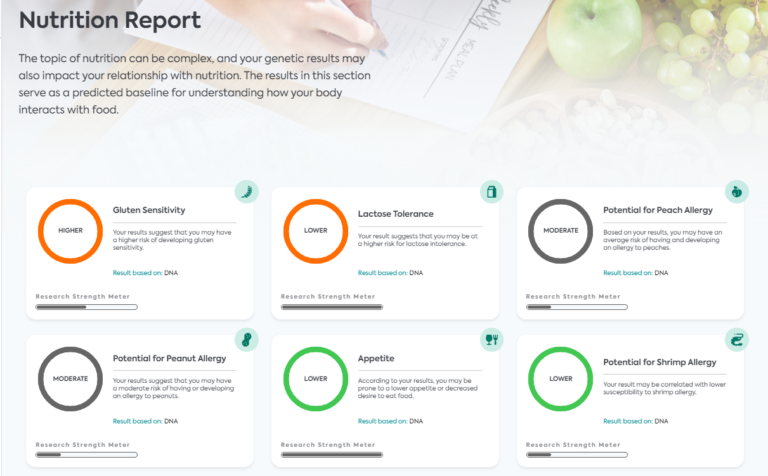
Personality & Cognition Report
The LifeDNA Personality Report offers intriguing insights into how your genetics might influence your behavior, emotions, and social interactions. Based on genetic markers associated with personality traits such as introversion, extroversion, and emotional resilience, the report provides a detailed analysis to help you understand yourself better. Knowing your genetic predispositions can guide personal development, optimize relationships, and aid in career satisfaction.
Example Trait: Risk-taking Behavior
Using genetic markers, the Personality & Cognition Report might indicate a predisposition for risk-taking behavior. Understanding this trait could provide context for confident life choices and help you balance your tendencies with well-informed decisions.
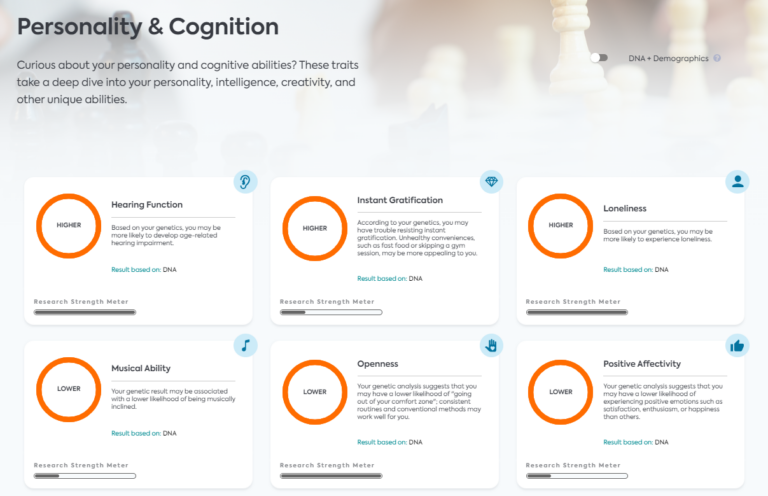
Wellness Report
The Wellness Report from LifeDNA takes a holistic approach to well-being. It covers various aspects like stress response and the potential for substance abuse. Using your genetic data, the report offers comprehensive lifestyle advice, including mindfulness techniques and other wellness strategies tailored to your genetic makeup. The aim is to optimize your overall quality of life through actionable, genetically-informed insights.
Example Trait: Insomnia
Your genes can influence how well you sleep. If the report identifies you as a light sleeper based on your genetic makeup, it might suggest various relaxation techniques or supplements like melatonin to help optimize your sleep quality.
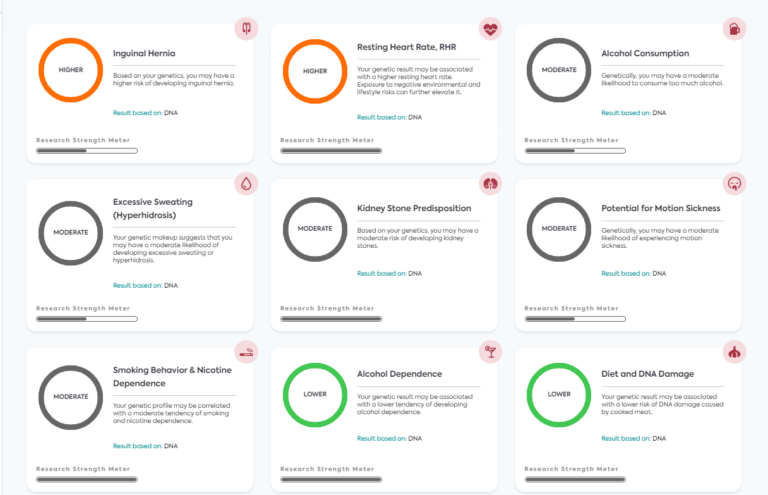
Fitness Report
Fitness isn’t one-size-fits-all, and LifeDNA’s Fitness Report acknowledges that by providing a customized workout plan based on your genes. The report considers factors like muscle fiber composition, metabolism, and propensity for injury. You get exercise optimizations that are genetically aligned with your body’s capabilities, helping you to achieve fitness goals more effectively. Whether you want to build muscle, optimize endurance, or just stay active, this report gives you the genetic insights to do it right.
Example Trait: Muscle Recovery Rate
Your rate of muscle recovery post-exercise can be genetically influenced. If you have a slower-than-average recovery rate, you will also find suggestions like specific rest periods and types of exercise that can help you optimize your fitness regimen.
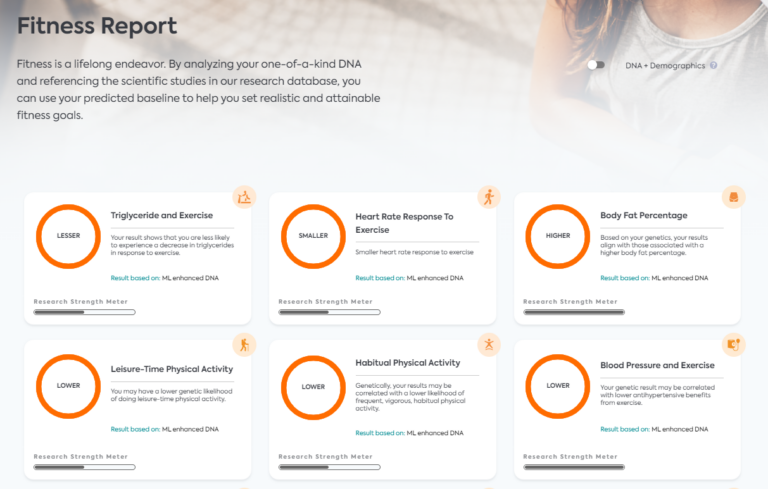
Your Genetics Doesn't Define Your Destiny
While genetics play a significant role in shaping who we are—influencing everything from our eye color to certain predispositions for health conditions—it’s crucial to understand that it doesn’t determine everything about us. Genes are only part of the complex interplay involving the environment, lifestyle choices, social interactions, and random chance.
For example, someone might carry gene variants predisposing them to exceptional athletic performance, but those genetic advantages may only be realized with proper training and opportunities.
The concept of “nature vs. nurture” is increasingly understood as “nature and nurture,” illustrating that genetics set the stage but the end outcome is significantly influenced by non-genetic factors such as diet, lifestyle, and training. It is like having a blueprint for a building—while the blueprint (your genes) suggests what can be built, the final structure also depends on the quality of the materials used, the skill of the workers, and ongoing maintenance (your environment and lifestyle choices).
Understanding your genetics can offer valuable insights into your health and well-being, but it is not deterministic. Knowledge of your genetic makeup should be an empowering tool for making informed decisions, not a deterministic verdict on your life.
Why is LifeDNA the Best 23andMe Raw Data Analysis Tool?
LifeDNA has emerged as a prominent option for analyzing 23andMe raw data, owing to a combination of unique offerings and a commitment to personalized wellness. Here’s why many regard LifeDNA as the best option for making the most of your 23andMe raw data:
- Holistic Approach to Wellness: Unlike many other platforms that focus strictly on health-related risks or ancestry, LifeDNA adopts a holistic approach. They analyze genetic data to offer personalized optimizations for nutrition (including a personalized grocery list!), skin care, vitamins & supplements, wellness, personality & cognition, and fitness. This range lets users get a complete picture of their wellness needs based on their DNA.
- Product Recommendations: LifeDNA goes beyond just providing insights. They offer specific product recommendations, skincare ingredients, or supplements tailored to an individual’s genetic profile. This makes their service actionable, allowing users to make immediate changes based on their results.
- Data Security: LifeDNA places a high emphasis on protecting user data. Their commitment to privacy ensures that users can trust the platform with their sensitive genetic information.
- User-Friendly Reports: LifeDNA reports are easy to interpret. They are designed to be accessible to the layperson without compromising on the depth and accuracy of the information.
- Continual Updates: As genetic research evolves, so does LifeDNA’s platform. Users can expect their reports and insights to be updated with the latest scientific findings.
- Dedicated Research and Development: LifeDNA invests in research to continually refine its algorithms, ensuring the insights provided are based on cutting-edge science.
- Educational Resources: LifeDNA also provides ample resources for users to understand their genetic makeup better. This education-first approach demystifies the complex world of genetics, making it approachable and actionable for everyone.
- Scientific rigor: LifeDNA partners with CLIA-certified, CAP-accredited, and HIPAA-compliant laboratories, creating an unmatched commitment to scientific rigor.
Further, if you have not done a DNA test before, LifeDNA provides that too. Start your personalized wellness journey with LifeDNA’s state-of-the-art DNA kits here.
Summary
- 23andMe raw data provides a wealth of information that can be used for further analysis beyond what 23andMe offers.
- The raw data is your DNA sequence, a lengthy list of letter pairs containing A, T, C, and G.
- It’s relatively easy to download your 23andMe raw data straightforwardly.
- Although 23andMe offers a wide range of reports, the raw data can be used for even more personalized insights through third-party services.
- LifeDNA is a top tool for making the most of your 23andMe raw data, offering insights into various aspects of skincare, nutrition, and fitness.
- Data privacy and security are crucial considerations when using third-party services for raw data analysis.
Customer Reviews




At LifeDNA, your privacy is our highest priority.
Watch Video
*Understanding your genetics can offer valuable insights into your well-being, but it is not deterministic. Your traits can be influenced by the complex interplay involving nature, lifestyle, family history, and others.
Our reports and suggestions do not diagnose or treat any health conditions or provide any medical advice. Consult with a healthcare professional before making any major lifestyle changes or if you have any other concerns about your results.
References
- https://www.nytimes.com/2021/09/20/opinion/23andme-dna.html
- https://isogg.org/wiki/Raw_DNA_data_tools
- https://www.pewresearch.org/short-reads/2019/08/06/mail-in-dna-test-results-bring-surprises-about-family-history-for-many-users/
- https://pubmed.ncbi.nlm.nih.gov/36327324/
- https://www.ncbi.nlm.nih.gov/pmc/articles/PMC5517018/
- https://www.ncbi.nlm.nih.gov/pmc/articles/PMC8397487/
- https://www.ncbi.nlm.nih.gov/pmc/articles/PMC8166555/
- https://www.ncbi.nlm.nih.gov/pmc/articles/PMC8044253/
- https://www.ncbi.nlm.nih.gov/pmc/articles/PMC5940788/
- https://www.ncbi.nlm.nih.gov/pmc/articles/PMC8928870/
- https://pubmed.ncbi.nlm.nih.gov/30257492/
- https://rdcu.be/dkvcR
- https://www.ncbi.nlm.nih.gov/pmc/articles/PMC4762266/
*Understanding your genetics can offer valuable insights into your well-being, but it is not deterministic. Your traits can be influenced by the complex interplay involving nature, lifestyle, family history, and others.
Our reports have not been evaluated by the Food and Drug Administration. The contents on our website and our reports are for informational purposes only, and are not intended to diagnose any medical condition, replace the advice of a healthcare professional, or provide any medical advice, diagnosis, or treatment. Consult with a healthcare professional before making any major lifestyle changes or if you have any other concerns about your results. The testimonials featured may have used more than one LifeDNA or LifeDNA vendors’ product or reports.


